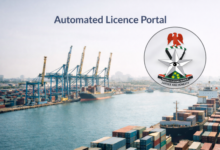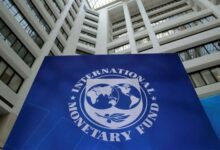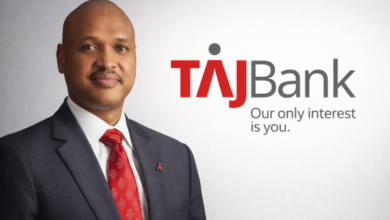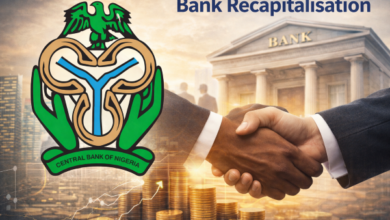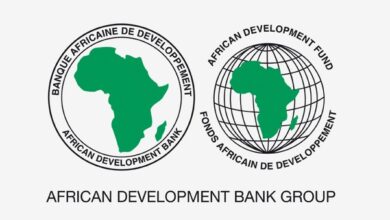FCT residents bemoan rising food prices, living expenses
“Feeding my family has become a daunting task as basic food items like rice, beans, and vegetables are now almost beyond our reach."
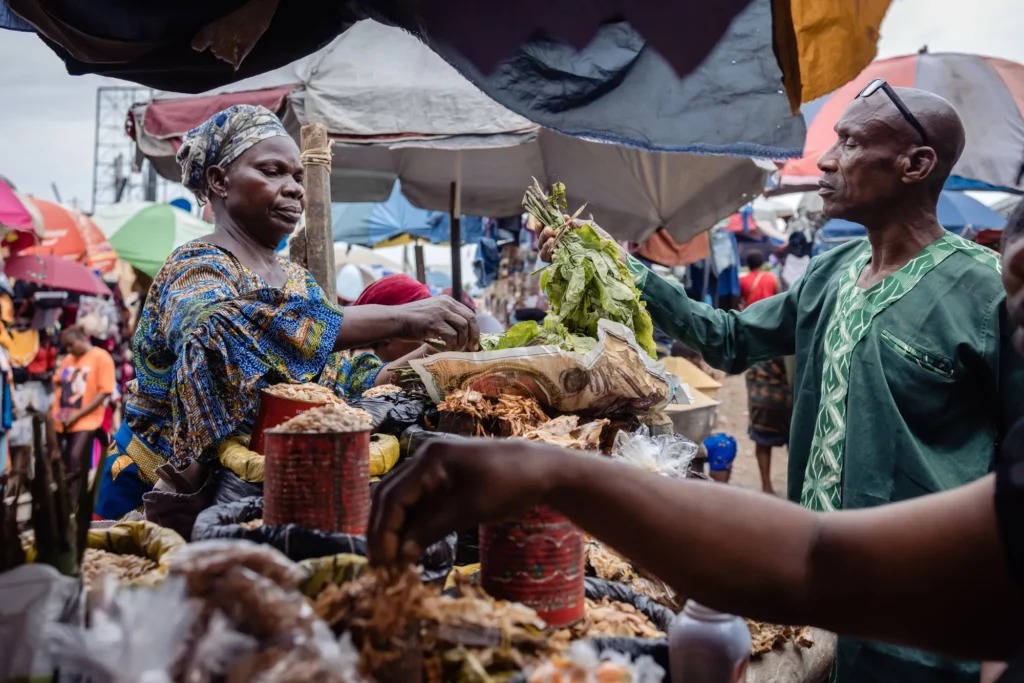 Many residents of the Federal Capital Territory (FCT) say the rising cost of living is troubling as it has put a strain on household budgets, and living standards.
Many residents of the Federal Capital Territory (FCT) say the rising cost of living is troubling as it has put a strain on household budgets, and living standards.
The residents told the News Agency of Nigeria (NAN) on Sunday in Abuja that increased transportation fares, food prices, electricity bills, and proposed telecommunication tariff hikes posed a challenge.
They called on the Federal Government to take decisive actions, curb inflation and stabilise the economy to alleviate the financial burden on citizens.
Mrs Amina Suleiman, a mother of four residing in Garki, expressed her frustration at the surge in food prices.
“Feeding my family has become a daunting task as basic food items like rice, beans, and vegetables are now almost beyond our reach.
“At my children’s PTA meeting on Saturday, a teacher appealed to parents to endeavour to give balanced diets to their children, as many parents only give carbohydrates to their children.
“I almost broke down in tears, thinking she was referring to me because that was all I could afford to give to my children to school every day.
“The government needs to intervene urgently because we (parents) are finding it very difficult to cater for the needs of our children,” she said.
Similarly, Mrs Nkechi Uchenna, a mother of five, said, “I have reduced the number of meals my children eat per day because making even the simplest meals are now expensive luxuries.
“We can no longer afford fish or meat regularly. It is just unbearable as we are now torn between choosing availability and quantity over quality of meals.’’
Mrs Esther Luka, a civil servant, said she could barely afford to feed and care for her household with her meager salary.
Luka also decried the increased amount of tax levied on civil servants, saying as a level 13 officer, I pay about N31,000 as tax every month.
“This is too high for me, and the most annoying thing is that we (Nigerians) do not see what this tax is used for. It is supposed to be used for the good of Nigerians.
“It ought to be used to subsidise things like food items which have continued to increase by the day. Even Okra, which used to be one of the commonest vegetable is no longer affordable.
Mr Judy Obialo, a school clerk, also decried the high cost of food items, which he said was due to the surge in transportation expenses.
“The spike in transportation costs has led to a cascading effect on food prices and many other basic living items.
“Since the removal of fuel subsidies, food prices have surged dramatically, living families wondering how much longer they can endure the hardships.
“Although the rationale behind the removal was to block leakages and revamp the economy, in reality, it has only worsened the burden on ordinary citizens,” Obialo said.
Similarly, Mr John Okoro, a small business owner at Wuse Market, noted the impact on his operations, saying, “the cost of transporting goods has continued to go up due to cost of fuel price.
“This has forced me to increase the prices of my products, but customers are complaining and buying less, thus affecting my income, ” he said.
Meanwhile, Mr Adeolu Alabi, a retired teacher at Apo resettlement area, sharing his frustrations on the introduction of electricity categorisation into Bands A to E, said it had added to the financial strain on households.
“Those classified under Band A and B are facing exorbitant electricity bills, making air conditioning and other electrical appliances a luxury.
“We are paying double for electricity, yet the supply is not reliable. My small business depends on power, but now I cannot keep up with the bills.
“How does the government expect us to survive this way? For small business owners, the increase in electricity tariffs means increased operational costs, forcing many to shut down or pass the burden onto consumers.
“This has led to an economic downturn, where businesses struggle to remain profitable and homes plunge into deeper financial distress,” Alabi said.
Mr Ibrahim Idris, a commuter, urged the Federal Government to speedily implement its promise of subsidised buses to citizens to ameliorate the high cost of transportation within the city centre.
“Commuting to the office every day has almost doubled in amount. This increase has significantly impacted my budget for other household necessities.
“We need immediate intervention of the government, especially for civil servants. We are finding it difficult to make ends meet these days, ” Idris said.
“As if the burden of food, electricity, and transport costs were not enough, the government is now set to allow telecommunication sector to enforce a hike in telecommunication tariffs.
“The news has already sparked panic among citizens who rely on mobile networks for both business and personal communication.’’
Mr Sani Yusuf said, “we are being hit from all sides. We already struggle to afford data and airtime. If this new tariff is enforced, even making a simple phone call will become a luxury.
“I do not know how much more we can take. In an era where digital connectivity is essential for economic growth, the increase in telecom tariffs threatens to push many into digital darkness.
“The cost of staying connected to the world, running an online business, or even applying for jobs will become increasingly difficult.”
BRANDECONOMY reports that the Nigeria Labour Congress (NLC) has opposed a government-approved 50 per cent increase in telecommunications tariffs.
They had announced a nationwide protest scheduled for February 4, which was later cancelled to allow for further deliberations.
The NLC labelled the tariff increase as “insensitive” and “unjustifiable,” particularly during a severe cost-of-living crisis.
A financial expert, Mr Ben Chukwuma, urged the Federal Government to reconsider the implications of its economic policies.
“The removal of subsidies may have been intended to strengthen the economy, its adverse effects on everyday citizens cannot be ignored.
“Policies that ensure food security, fair electricity pricing, regulated transport fares, and affordable communication are necessary to prevent further hardship.
“We are calling on the government to implement measures to alleviate the financial burden and improve the standard of living of citizens across the country,” he said.
BRANDECONOMY reports that the National Bureau of Statistics (NBS) said that Nigeria’s inflation rate rose to 34.80 per cent in December 2024, reflecting a slight increase from the 34.60 per cent recorded in November 2024.


